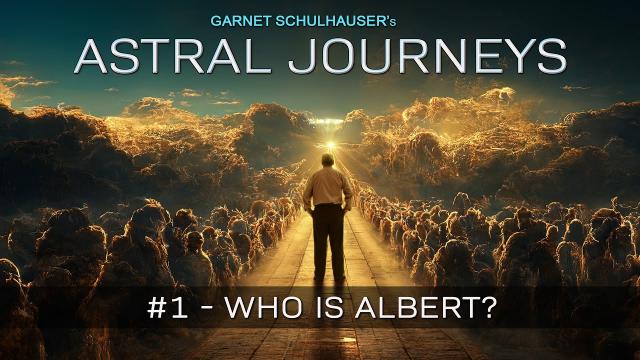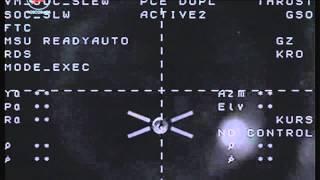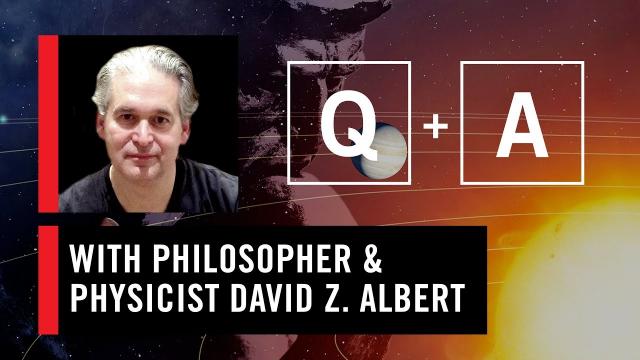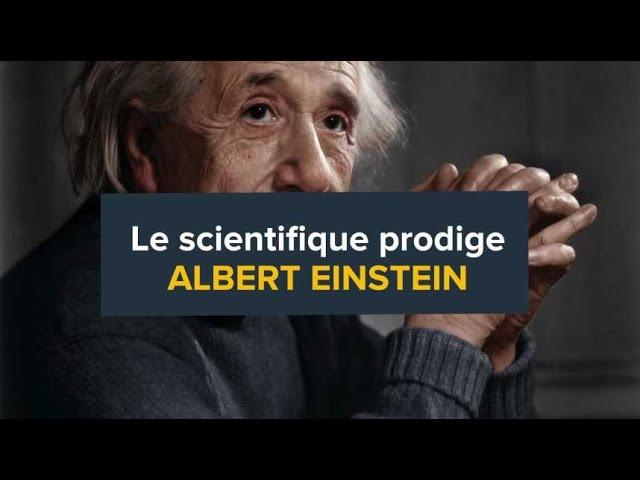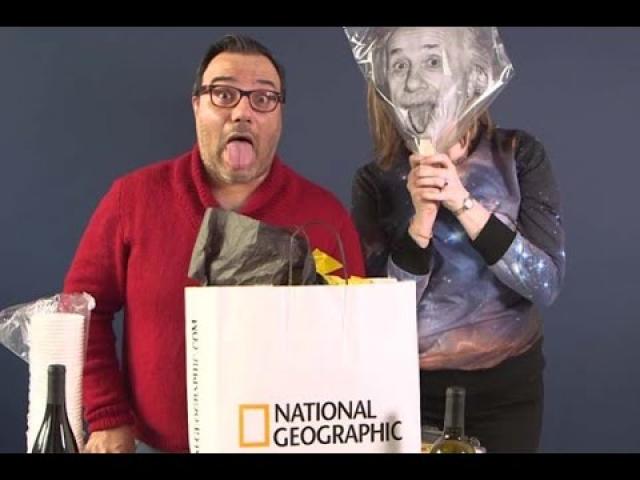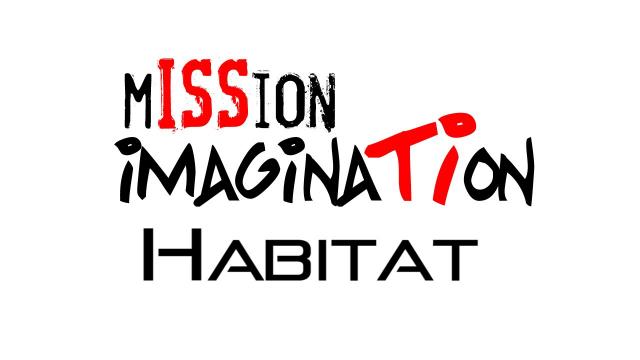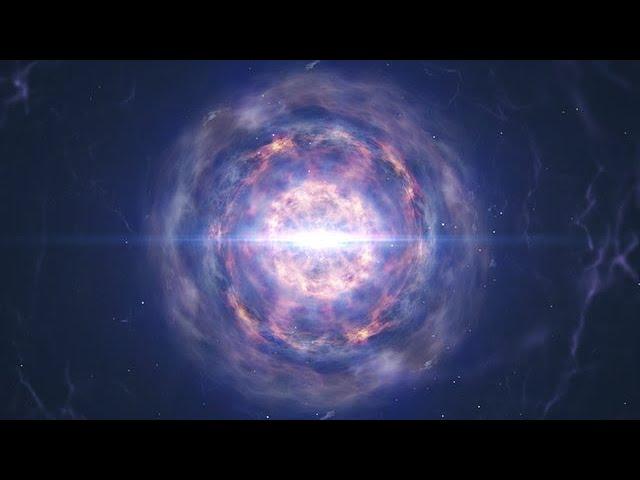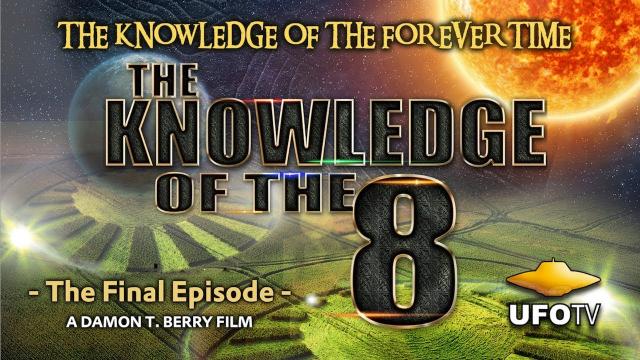“Simple Relativities (Your Imagination)” - Albert Einstein as a Doo-Wop Group
Description
Words by Albert Einstein
Music by David S. Brody
Stream / Download this song here:
https://davidsbrody.hearnow.com/
When you take on setting Albert Einstein’s aphorisms to music, you discover that many statements attributed to Einstein were never uttered or written by him. The source texts I used are footnoted. I made musical elisions and paraphrased for rhythm. Please scroll down to read Einstein’s full original quotations in context, licensed to this project by The Hebrew University of Jerusalem (awesome people doing important work!) May this music energize you to explore Albert Einstein for yourself!
Verse 1
Your imagination’s more important than your knowledge.
Imagination encircles the world. /i
Imagination is everything;
Independent of opinions of others /ii
Relatively… Simply relative
Chorus 1
The most important thing: Don’t stop questioning.
Curiosity makes its own reasons /iii
“Gedankentraum!”
Whoever can no longer wonder and be amazed is as good as dead /iv
Relatively… Simply relative
Bridge 1
The most beautiful thing to experience is the mysterious /v
It’s comprehensible! /vi
Chorus 2
Don’t stop questioning. Imagination embraces the entire world.
Verse 2 Imagination is everything!
It’s the source of all true art and science.
Chorus 3
[Relativity] Don’t stop questioning
Curiosity makes its own reasons.
“Gedankentraum!”
The knowledge of what is doesn’t open the doors to what should be /vii
Bridge 2
This world’s eternal mystery is that it’s logical.
It’s comprehensible! /viii
Chorus 4
The most important thing: Don’t stop questioning
Curiosity makes its own reasons.
Whoever can no longer wonder and be amazed is as good as dead!
Relatively… Simply relative
Outro
Your imagination’s more important… Your imagination…
i 1929 Saturday Evening Post interview by George Sylvester Viereck & 1931 “Cosmic Religion and Other Opinions and Aphorisms” Original context: “Imagination is more important than knowledge. Knowledge is limited. Imagination encircles the world."
ii 1930 American Magazine: “A Close Look at the World's Greatest Thinker” & 1944 letter to physicist Robert Thornton. This paraphrase is a truncation / adaptation and is not authentic. Original context: “A knowledge of the historic and philosophical background gives that kind of independence from prejudices from which most scientists are suffering. This independence created by philosophical insight is the mark of distinction between a mere artisan or specialist and a real seeker after truth.”
iii 1955 (May 2nd) LIFE Magazine: “Old Man’s Advice to Youth: ‘Never Lose a Holy Curiosity,” Editor William Miller’s memoir. Original context: "The most important thing is not to stop questioning. Curiosity has its own reason for existing."
iv 1949 book: “The World as I See It” Philosophical Library, New York. Also given in a 1932 speech to the German League of Human Rights, Berlin. And originally published in the 1931 volume 84 of Forum & Century. Original Context: "Whoever does not know it and can no longer wonder, no longer marvel, is as good as dead, and his eyes are dimmed."
v 1931 book: “Living Philosophies” Einstein, et al. adapted from the Forum & Century volume 84. Original context: "The most beautiful experience we can have is the mysterious. It is the fundamental emotion which stands at the cradle of true art and true science."
vi 1936 (March 3rd) “Physics and Reality” article published in volume 221, number 3 of “The Journal of Franklin Institute.” This is Einstein himself paraphrasing Immanuel Kant. Original context (Einstein’s): "It is in this sense that the world of our sense experiences is comprehensible. The fact that it is comprehensible is a miracle… It is one of the great realizations of Immanuel Kant.” Original statement (Kant’s): "The eternal mystery of the world is its comprehensibility"
vii 1939 address at Princeton Theological Seminary (May 19th). Original context: “Yet it is equally clear that knowledge of what is does not open the door directly to what should be.”
viii ibid. This is a further paraphrasing of Kant / Einstein and is not authentic. Original context from an alternate translation: “The very fact that the totality of our sense experiences is such that, by means of thinking… it can be put in order; this fact is one that leaves us in awe but which we shall never understand.”
NOTE:
Einstein intended his relativity theories to explain only facts of physics and mechanics as they relate to one another. He warned us not to reinterpret human relations in a relative moral context. He did not want us justifying misbehavior as defensible due to circumstances.
Drums: Tom Brechtlein
Organ: Peter Zale
All Else: Dave Brody
Original Animations: Nick Stevens
Licensed Animation: Mark Garlick
Friedman-Einstein Universe blackboard courtesy Oxford Museum of the History of Science
All Else: Dave Brody
ISRC: QZ-U7U-22-00004
© 2021 David S. Brody

